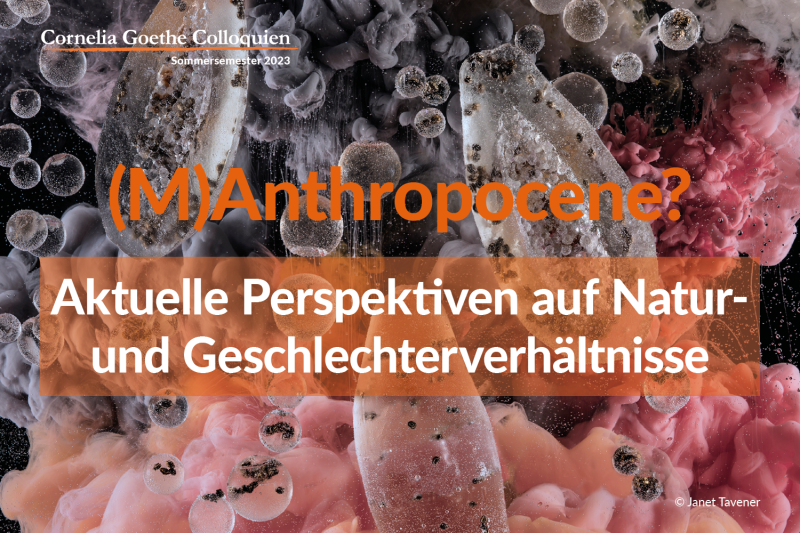Eco-Marxist and Marxist feminist thought frequently draws analogies between unwaged reproductive labor and the unvalued activities of nonhuman nature. But what is the basis of this analogy? I propose that we can clarify this question by detaching the problem of reproductive labor and its relationship to capitalism from its framing in terms of the “woman question.” I question the dominant argument that “women’s work” has been “naturalized” or “defined into nature,” arguing that the devaluation of reproductive labor is not simply an ideological trick but rather, rooted in the particular difficulties of integrating certain kinds of work into capitalist valorization processes. The paper makes the case by revisiting the “domestic labor debates” of the 1970s regarding the relationship of unwaged domestic labor to capitalist value accumulation, and updates them for the current moment in which many activities once performed in the household are now done for wages outside it, via what I call the “service sector debate.” The partial commodification of many activities once associated with “housework,” I argue, helps disaggregate the category of “reproductive labor” such that we can attend more closely to the physical and temporal aspects of this work without reifying social categories of gender. The paper concludes by drawing out the implications of this argument for accounts of capitalism’s relationship to nonhuman nature which rest on the Marxist feminist positions here discussed, including recent work by Nancy Fraser and Jason Moore.

Foto: Dan Komoda
... is an Assistant Professor of Political Science at Barnard College. She writes and teaches on climate and environmental politics, capitalism, Marxism, feminism, and other topics in social and political thought. She is the co-author of A Planet to Win: Why We Need a Green New Deal (Verso 2019), and is presently working on a book titled Free Gifts: Capitalism and the Politics of Nature.
Interessierte* sind herzlich eingeladen!

